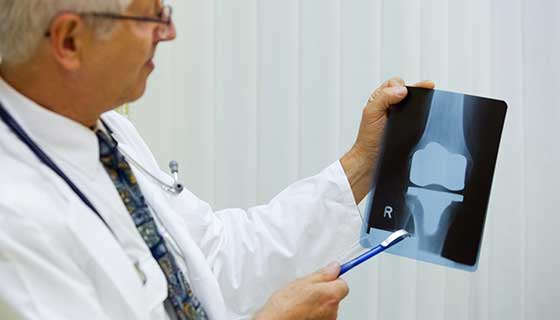Joint replacement surgery is often considered for severe joint issues, particularly osteoarthritis, but several alternative treatments can be effective in managing symptoms and improving joint function. Here are some notable alternatives:
Physical Therapy:
- Strengthening muscles around the joint can help improve stability and reduce pain.
- Range-of-motion exercises can maintain or improve flexibility.
Medications:
- Nonsteroidal Anti-Inflammatory Drugs (NSAIDs): Help reduce pain and inflammation.
- Analgesics: Pain relievers like acetaminophen.
- Corticosteroids: Oral or injectable steroids to reduce inflammation.
- Disease-Modifying Antirheumatic Drugs (DMARDs): Used for inflammatory types of arthritis, like rheumatoid arthritis.
Injections:
- Corticosteroid Injections: Provide temporary relief from inflammation and pain.
- Hyaluronic Acid Injections: Mimic the natural joint fluid, providing cushioning and potentially reducing pain.
Lifestyle Modifications:
- Weight Management: Reducing weight can alleviate stress on weight-bearing joints.
- Diet: Anti-inflammatory diets rich in omega-3 fatty acids, antioxidants, and other nutrients can help manage symptoms.
- Exercise: Low-impact activities like swimming, cycling, and walking can maintain joint function without causing excessive strain.
Assistive Devices:
- Braces or Orthotics: Help support and stabilize the joint.
- Canes or Walkers: Reduce the load on affected joints during movement.
Alternative Therapies:
- Acupuncture: May help relieve pain and improve joint function.
- Chiropractic Care: Can be beneficial for joint alignment and reducing pain.
Supplements:
- Glucosamine and Chondroitin: Common supplements believed to support joint health, though their effectiveness varies among individuals.
- Turmeric/Curcumin: Known for its anti-inflammatory properties.
Platelet-Rich Plasma (PRP) Therapy:
- Involves injecting a concentration of a patient’s own platelets to accelerate the healing of injured tendons, ligaments, muscles, and joints.
Stem Cell Therapy:
- Uses stem cells to repair damaged tissues and potentially regenerate cartilage.
Radiofrequency Ablation:
- Uses heat to reduce nerve pain by targeting specific nerves in the joint area.
These alternatives can be tailored to individual needs and conditions, often in combination, to provide effective symptom management and improve quality of life without immediate recourse to surgery. Always consult with a healthcare professional to determine the most appropriate treatment.





Comments